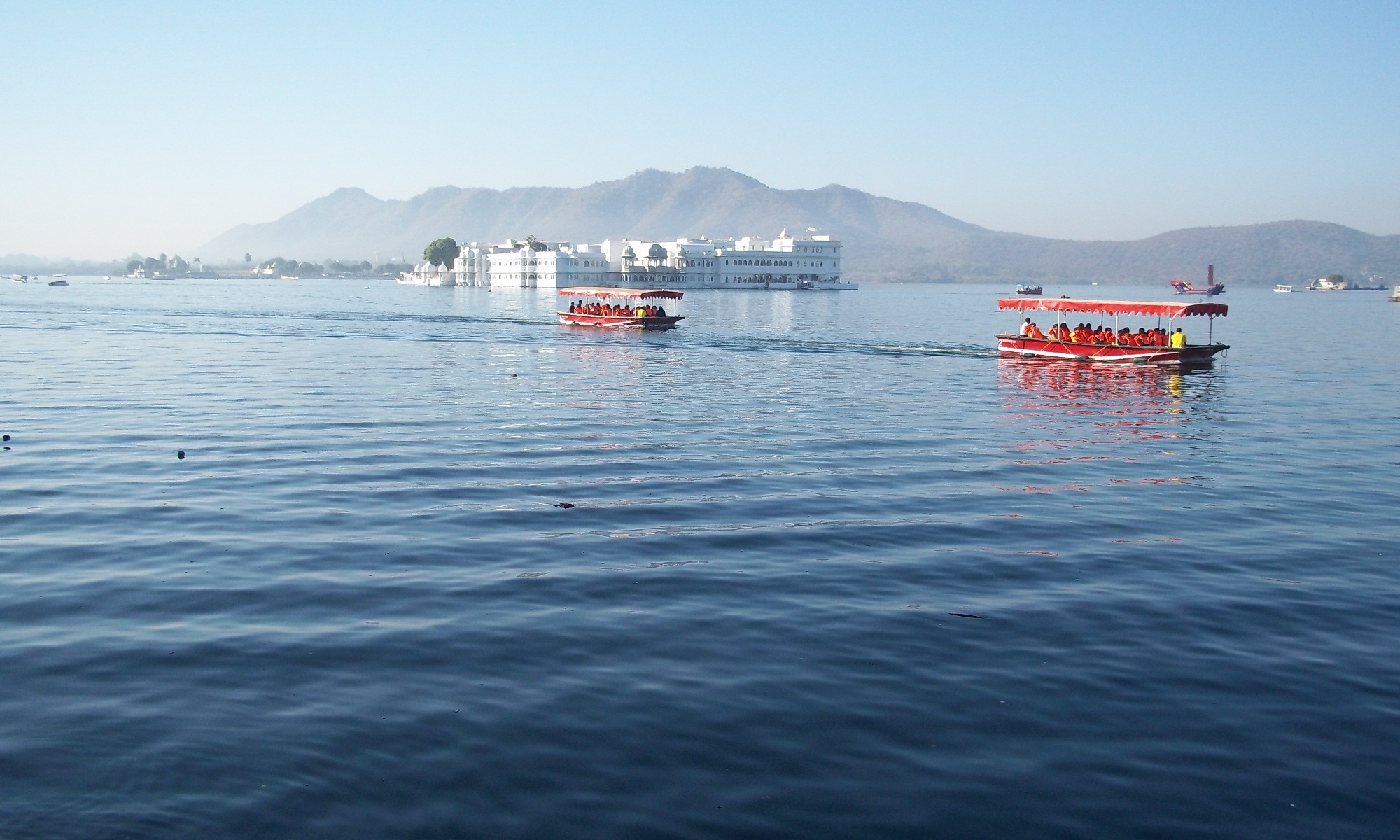Capital: Thimpu
Area: 47,000 sq km
Population: 672,425 (2005 official census) although other estimates put it at around 2 million.
Religion: Lamaistic Buddhist 75%, Indian- and Nepalese-influenced Hinduism 25%
Languages: Dzongkha, Tibetan and Nepalese dialects
Time: GMT + 6hrs
Currency: Ngultrum
Measuring System: Metric (kilometres for distance, kilograms for weight, centigrade for temperature)
Time: GMT + 6 hrs
Languages: Dzongkha, Tibetan and Nepali dialects. English is spoken by those in the tourist trade.
International Dialling code: 00 975
Driving: Left hand drive
Currency:
The local currency is Ngultrum (Nu). It is pegged to the Indian Rupee and 1 Nu equals 1 Indian Rupee. Approximately 45 Ngultrum convert to one US Dollar. The currency exchange facilities are available in big city hotels. Indian Rupees, US Dollars and Travellers Cheques in Dollars are generally accepted.
Food and Beverages:
Food is not the highlight of Bhutan. Bhutanese tend to eat very hot and spicy food but tourist restaurants tend to tone it down to suit the foreign palate. Spicy chillies (ema) mixed with a cheese sauce called emadatse is the national dish of Bhutan.
Most hotels offer a limited choice of alcoholic beverages, including beer. The more expensive hotels do have a wider range of food and beverage, including wine.
Bhutan is a no-smoking country! Smoking is banned in public places and even in hotels. The sale of tobacco is outlawed in Bhutan. You cannot purchase cigarettes locally. If you are a regular smoker, you should either take adequate supply before entering the country and smoke in private, or use this visit as an opportunity to finally give up smoking!
Clothing:
Some warm clothing is recommended while travelling to Bhutan. During most of the season, the days are cosy, sunny and light comfortable cottons are good enough. However it gets chilly at nights and in early mornings, so a light jacket may be required. If visiting during winter months (December to February), you must carry sufficient woollen as weather can be very cold with chances of snowfall in high altitudes.
Bhutan’s climate ranges from tropical in the south, to temperate in the centre of the country, to cold in the north. Mid December to early January can be a beautifully clear and dry time in western Bhutan. Late December through mid-February is the period of heaviest snowfall in the higher elevations. The autumn season, late September through November, is usually mild and the sky is at its clearest affording magnificent views of the Himalaya.
Voltage:
The electric voltage in Bhutan is 220 volts. It is advisable to carry a universal adapter.
Internet:
Internet facilities are poor in Bhutan and should not be relied upon for communication. Though conditions are improving fast.
